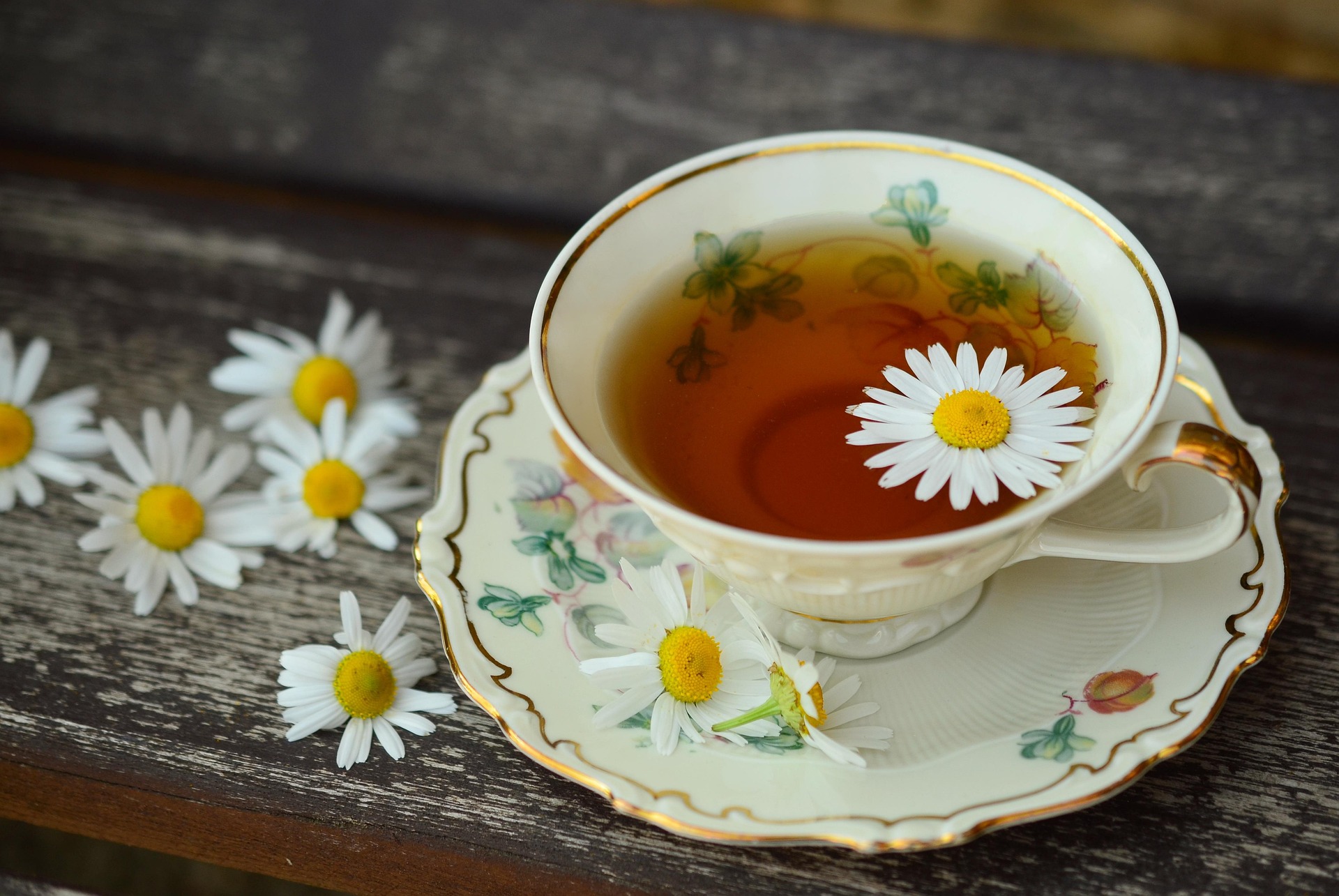7 Herbal Teas for Better Digestion: Science-Backed Remedies for Gut Health
Digestive discomfort—bloating, gas, indigestion—can disrupt your day and long-term wellness. While medications offer quick fixes, herbal teas provide a natural, time-tested solution. Packed with bioactive compounds, certain herbs soothe the gut, reduce inflammation, and enhance digestion without side effects.
In this guide, we’ll explore 7 scientifically supported herbal teas that improve digestion, backed by research from PubMed, NIH, and other credible sources. Plus, we’ll share brewing tips and lifestyle tweaks for optimal gut health.
1. Peppermint Tea: The Ultimate Digestive Relaxant
Best for: Bloating, IBS relief, stomach cramps
How It Works
Peppermint contains menthol, which relaxes gastrointestinal muscles, easing spasms and promoting bile flow (NIH study). A 2019 meta-analysis found peppermint oil (the tea’s concentrated form) significantly reduced IBS symptoms.
How to Brew
- Steep 1 tbsp dried leaves in hot water (not boiling) for 5–7 mins.
- Avoid if you have GERD, as it may relax the lower esophageal sphincter.

2. Ginger Tea: Nature’s Anti-Nausea Remedy
Best for: Nausea, slow digestion, motion sickness
How It Works
Ginger’s gingerols accelerate gastric emptying (Mayo Clinic), reducing bloating. A 2020 NIH study confirmed its efficacy against chemotherapy-induced nausea.
How to Brew
- Simmer 3–4 ginger slices for 10 mins. Add lemon for acidity balance.

3. Chamomile Tea: The Gentle Gut Soother
Best for: Acid reflux, stress-related indigestion
How It Works
Chamomile’s apigenin (a flavonoid) reduces gut inflammation (NIH). It also calms the vagus nerve, linking stress and digestion.
How to Brew
- Use 2 tsp dried flowers; steep covered for 10 mins to retain oils.

4. Fennel Tea: The Bloat Buster
Best for: Post-meal gas, infant colic
How It Works
Fennel seeds contain anethole, which relaxes intestinal muscles (PubMed study). Traditionally used to relieve colic in babies.
How to Brew
- Crush 1 tsp seeds; steep 8–10 mins.

5. Licorice Root Tea: For Acid Reflux & Ulcers
Best for: Heartburn, leaky gut
How It Works
Deglycyrrhizinated licorice (DGL) boosts stomach mucus production, protecting against ulcers (NIH). Note: Avoid if hypertensive.
How to Brew
- Use DGL licorice (safer); steep 5 mins.

6. Dandelion Root Tea: Liver & Digestion Aid
Best for: Constipation, detox support
How It Works
Acts as a mild diuretic and prebiotic (NIH), supporting liver bile production.
How to Brew
- Roast 1 tsp dried root; steep 10 mins.

7. Slippery Elm Tea: The Gut Healer
Best for: IBD, gastritis
How It Works
Forms a soothing mucilage that coats the digestive tract (NIH).
How to Brew
- Mix 1 tsp powder with warm water; stir well.

Bonus: Lifestyle Tips for Optimal Digestion
- Chew slowly to reduce air swallowing.
- Probiotic foods (kimchi, yogurt) support gut flora.
- Avoid late-night eating to prevent reflux.
Final Thoughts
Herbal teas offer a drug-free, affordable, and holistic way to improve digestion. For chronic issues, consult a gastroenterologist.
Which tea will you try first? Share in the comments!

